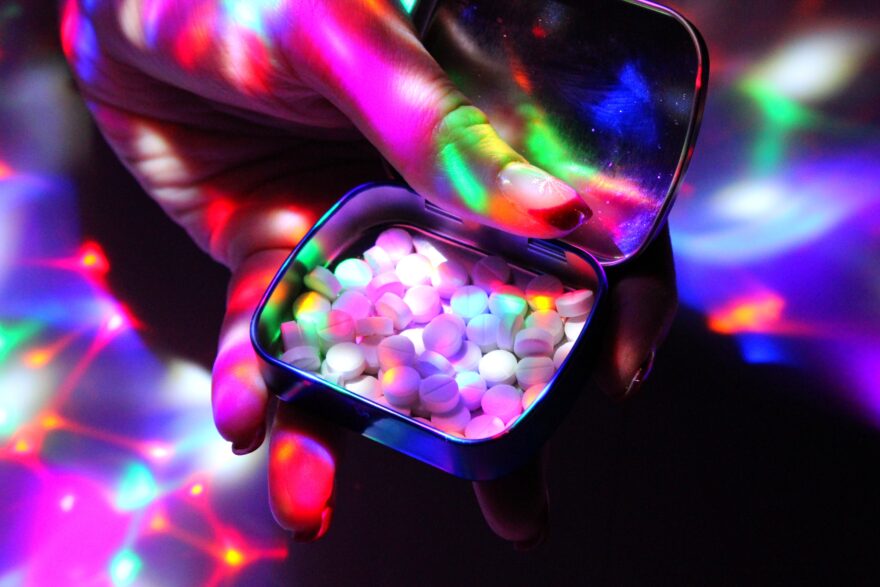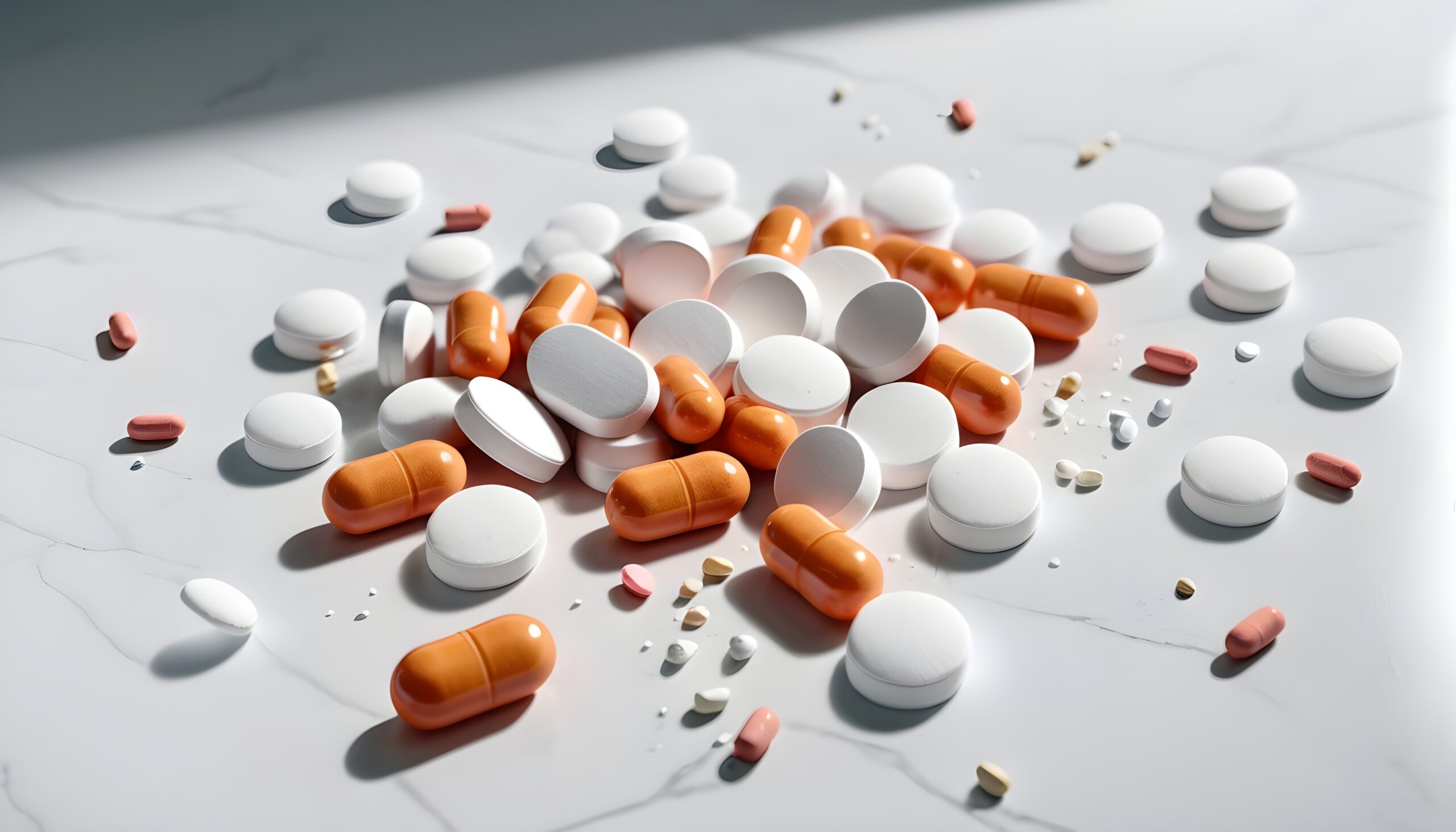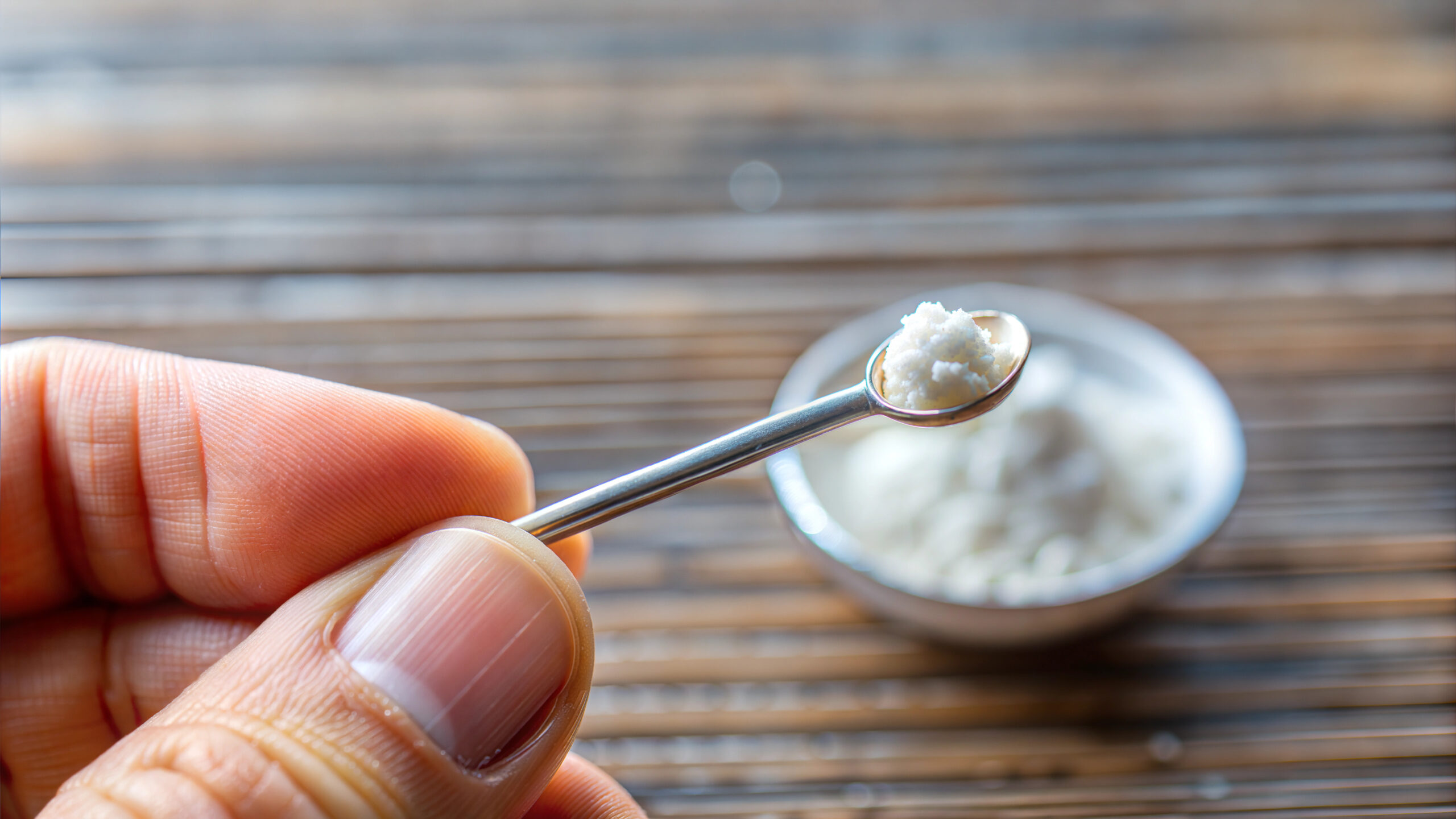What is Ecstasy/MDMA?
MDMA, Molly or ecstasy is often seen as a relatively safe drug but read more to understand what it is and the risks.

- What Is Ecstasy/MDMA?
- What are the effects of Ecstasy/MDMA?
- How long does Ecstasy (MDMA) stay in your system?
- Other factors that affect how long MDMA stays in your system
- How to get MDMA out of your system
- Is Ecstasy addictive?
- MDMA and eating disorders
- Treatment for MDMA addiction
- Free videos and articles
- Other useful quit drinking articles & news
What Is Ecstasy/MDMA?
Ecstasy, also known as molly or MDMA (3,4-methylenedioxymethamphetamine), is a synthetic drug with stimulant and hallucinogenic properties.
Often called a “party drug,” it’s commonly used recreationally with the aim of enhancing mood, energy, and sensory perception, particularly in social settings like concerts or clubs.
However, its reputation as a harmless drug masks significant risks and potential harm. Understanding the effects, how it interacts with your body, and the options for breaking free from dependence can help individuals make informed decisions about their health.
Ecstasy or molly rarely contains pure MDMA and often contains fentanyl and other opioids.
What are the effects of Ecstasy/MDMA?
MDMA primarily affects the brain’s neurotransmitters—serotonin, dopamine, and norepinephrine. By flooding the brain with serotonin, the drug induces feelings of euphoria, emotional warmth, and heightened sensory awareness. However, this artificial high comes with physical and psychological consequences.
Short-term effects
People believe that it generates the following positive effects:
- Euphoria and increased sociability
- Heightened sensory perception
- Increased energy and decreased fatigue
It also causes the following negative effects:
- Jaw clenching, teeth grinding
- Sweating, dehydration, or overheating
- Increased heart rate and blood pressure
Long-term effects
- Depression and anxiety due to serotonin depletion
- Sleep disturbances and fatigue
- Memory and cognitive impairments
- Increased risk of addiction
- Damage to serotonin-producing neurons, potentially leading to chronic mood issues
While some may focus on the apparent temporary highs, the aftermath—a phenomenon often referred to as the “comedown“—can leave users feeling exhausted, anxious, and emotionally drained.
How long does Ecstasy (MDMA) stay in your system?
The effects of MDMA typically last 3 to 6 hours, but the drug can linger in your system for much longer, depending on several factors.
Detection Times by Test
- Urine: Detectable for 1-3 days for occasional users; longer for heavy or frequent use.
- Blood: Typically remains for 1-2 days.
- Saliva: Detectable for 1-2 days.
- Hair: Can be detected for up to 3 months.
MDMA’s half-life is approximately 8-9 hours, meaning it takes this long for half of the drug to be eliminated from the bloodstream. However, metabolites can persist in the body and be detectable long after the initial effects have worn off.
Other factors that affect how long MDMA stays in your system
Several variables influence how quickly MDMA is metabolized and eliminated from your body:
-
Dosage
Larger doses take longer to break down.
-
Frequency of use
Regular users may experience accumulation in the body, leading to longer detection times.
-
Metabolism
Individuals with faster metabolisms process drugs more quickly.
-
Age and weight
Younger, healthier individuals often metabolize drugs faster.
-
Hydration levels
Dehydration can slow elimination.
-
Health conditions
Liver or kidney issues can impair the body’s ability to clear the drug.
How to get MDMA out of your system
While there’s no magic way to flush MDMA out of your system instantly, certain strategies can support the body’s natural detoxification process:
-
Hydration
Drink plenty of water to support kidney function and eliminate toxins.
-
Healthy diet
Nutrient-rich foods can aid liver and kidney health.
-
Exercise
Promotes circulation and metabolic function, but avoid overexertion, especially after using MDMA.
-
Time
Ultimately, the body needs time to metabolize and excrete the drug naturally.
It’s important to note that “detox drinks” or other quick fixes often marketed for drug tests are unreliable and not backed by science.
Is Ecstasy addictive?
MDMA is not traditionally associated with the same physical dependency as opioids or alcohol, but it can lead to psychological dependence. Users may find themselves chasing the euphoric highs, leading to patterns of repeated use despite negative consequences.
Signs of MDMA addiction include:
- Cravings and compulsive use
- Neglecting responsibilities
- Using MDMA in dangerous situations
- Developing tolerance, requiring higher doses to achieve the same effect
- Withdrawal symptoms like fatigue, depression, and irritability
MDMA and eating disorders
Substance misuse can lead to eating disorders and visa versa. There is evidence that risky weight-loss practices can increase the risk of misusing ecstasy and other substances.
There is research into where MDMA coupled with behavioural therapy and clinical supervision can help eating disorders but this is not proven.
Treatment for MDMA addiction
Breaking free from MDMA addiction doesn’t have to involve willpower, suffering, or a sense of deprivation. At Allen Carr’s Easyway to Quit Drugs, we address addiction from a unique perspective—removing the perceived benefits of the substance.
Rather than focusing on scare tactics or willpower, our approach helps individuals understand that the “pleasure” of MDMA use is an illusion. By shifting your mindset, we empower you to break free without feeling deprived.
Key elements of our approach:
-
Removing fear
Addiction thrives on the fear of quitting. We dissolve this fear, making the process easy and enjoyable.
-
Empowerment
You’ll discover freedom from MDMA without feeling the need to “fight” cravings.
-
Understanding
We help you see Ecstasy for what it really is—a trap—and guide you to a life free from its grip.
Other treatment options for MDMA addiction may include:
- Therapy: Cognitive-behavioural therapy (CBT) can help address underlying issues and develop healthier coping mechanisms.
- Support Groups: Organizations like Narcotics Anonymous provide community and accountability.
- Medical Support: In some cases, professionals may recommend medical intervention for severe withdrawal symptoms or co-occurring disorders.
Final Thoughts
MDMA’s allure as a “fun” or “harmless” party drug hides the reality of its risks. From short-term effects like dehydration and serotonin depletion to long-term mental health impacts and potential addiction, MDMA carries significant dangers. But recovery is possible, and no one has to face it alone.
If you or someone you know is struggling with MDMA addiction, Allen Carr’s Easyway to Quit Drugs offers a supportive, straightforward path to freedom. Don’t let MDMA rob you of your health, happiness, and well-being. Take the first step today.




